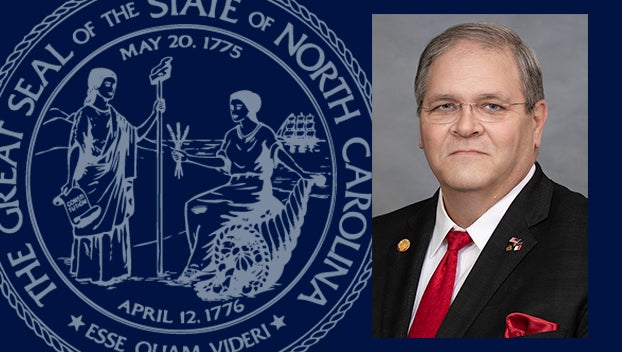Occupancy-tax revenue increases
Published 5:15 pm Tuesday, October 1, 2013
After three years of continuing declines, revenue generated by Washington’s occupancy tax increased by about $11,000 during fiscal year 2011-2012, according to data from the N.C. Department of Commerce.
“The big impact in FY11-12 was hurricane Irene. Unfortunately/fortunately, because of our location we get a lot of hotel traffic during and following hurricanes. Relief workers and contractors were filling our hotels rooms for a good six months,” wrote Lynn Lewis, Washington’s tourism-development director, in an email.
She also addressed the branding effort.
“During the last fiscal year we rolled out new creative showcasing the new brand for Washington. The biggest of those projects was the website. Our inquiries and visitation are up. The new marketing and an improving economy couple to show an improvement in revenues for the area,” she wrote in the email.
The city’s 6-percent occupancy tax generated $250,930 in gross revenue during fiscal year 2011-2012, which ran from July 1, 2011, to June 30, 2012. The occupancy tax generated $239,560 in gross revenue in the 2010-2011 fiscal year.
Of the gross tax revenue generated in 2011-2012, the Washington Tourism Development Authority received $243,402. The remaining $7,528 went to the City of Washington for providing administrative services to the Washington Tourism Development Authority.
Of the gross revenue generated in fiscal year 2010-2011, WTDA received $232,373, with $7,187 going to the city.
In fiscal year 2009-2010, Washington’s occupancy tax generated $244,628 in gross revenue, with $237,295 going to the authority and $7,333 going to the city for administrative purposes. In fiscal year 2008-2009, the city’s occupancy tax generated $255,280 in gross revenue. Of that, the city retained $7,658 for administrative charges while the balance of $247,622 went to the WTDA.
For every $100 spent on lodging such as hotel and motel rooms, the city collects $6 in taxes.
State law dictates that occupancy tax revenues be used on programs intended to bring more people for overnight stays to areas served by agencies like the WTDA. Washington retains 3 percent of the occupancy-tax revenue for WTDA administration while the WTDA receives the balance.






